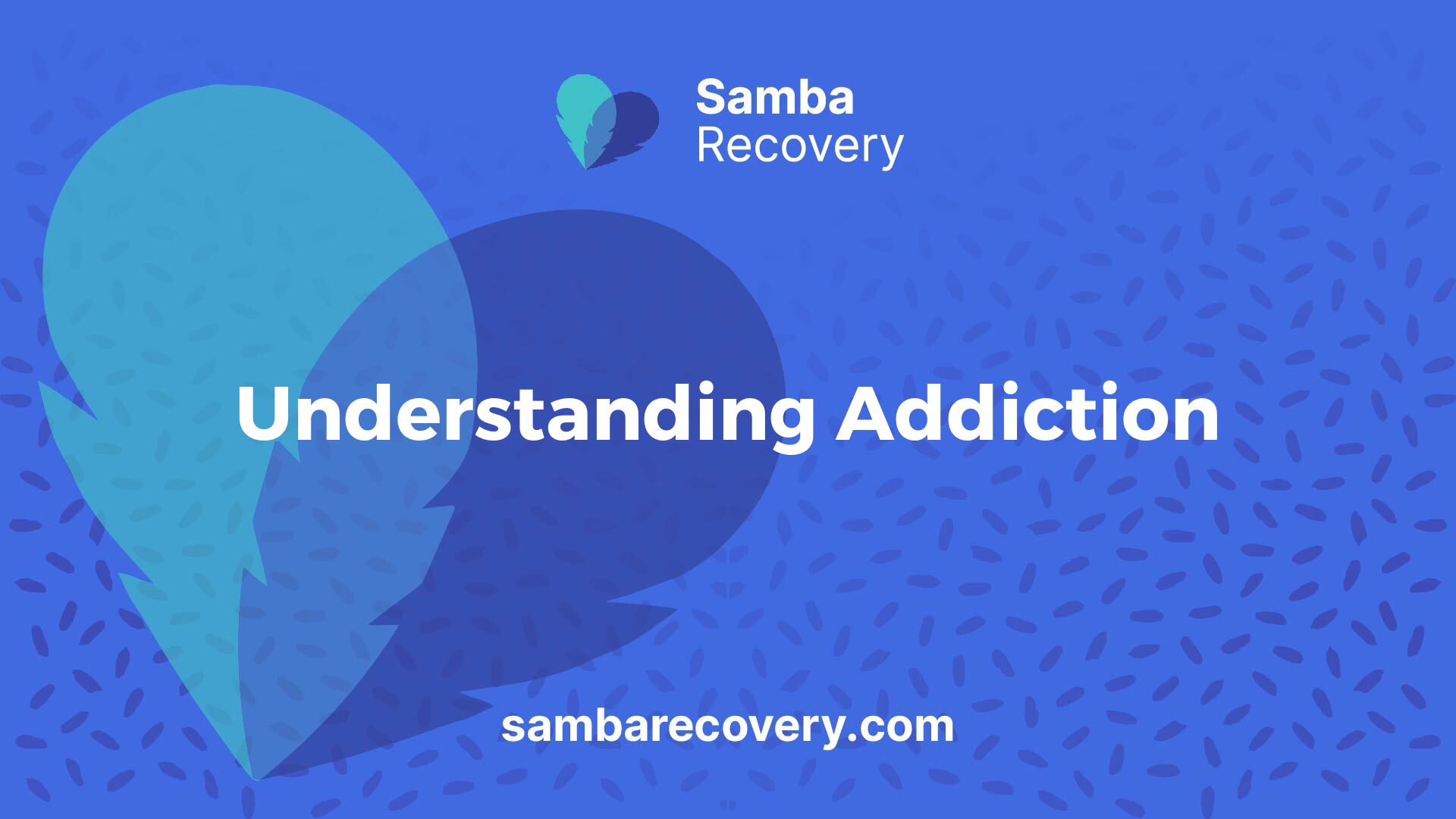
Understanding Addiction
Understanding addiction is crucial for anyone considering entering a relationship with someone who may have a substance use disorder. This section will define substance use disorder and explore the factors that contribute to the development of addiction.
Substance Use Disorder Defined
Substance use disorder, commonly referred to as drug addiction, is a disease that affects a person’s brain and behavior. It leads to an inability to control the use of legal or illegal drugs or medicines. This disorder is characterized by a compulsive pattern of seeking and using substances, despite adverse consequences.
The severity of substance use disorder can vary, with some individuals exhibiting mild risks while others may face severe impairments in their daily lives. A comprehensive understanding of this disorder can help individuals recognize its complexities and implications in relationships.
Severity of DisorderDescriptionMildPresence of 2-3 symptoms indicating substance use issuesModeratePresence of 4-5 symptoms indicating a more serious concernSeverePresence of 6 or more symptoms leading to significant functional impairment
Factors Influencing Addiction Development
Several factors can contribute to the development of addiction. These factors often interconnect, playing a significant role in whether an individual may become addicted to substances.
Understanding these factors is essential before dating an addict, as it can help one identify potential challenges within the relationship. For additional insights on the effects of addiction on relationships, you can explore resources on the social stigma of addiction.
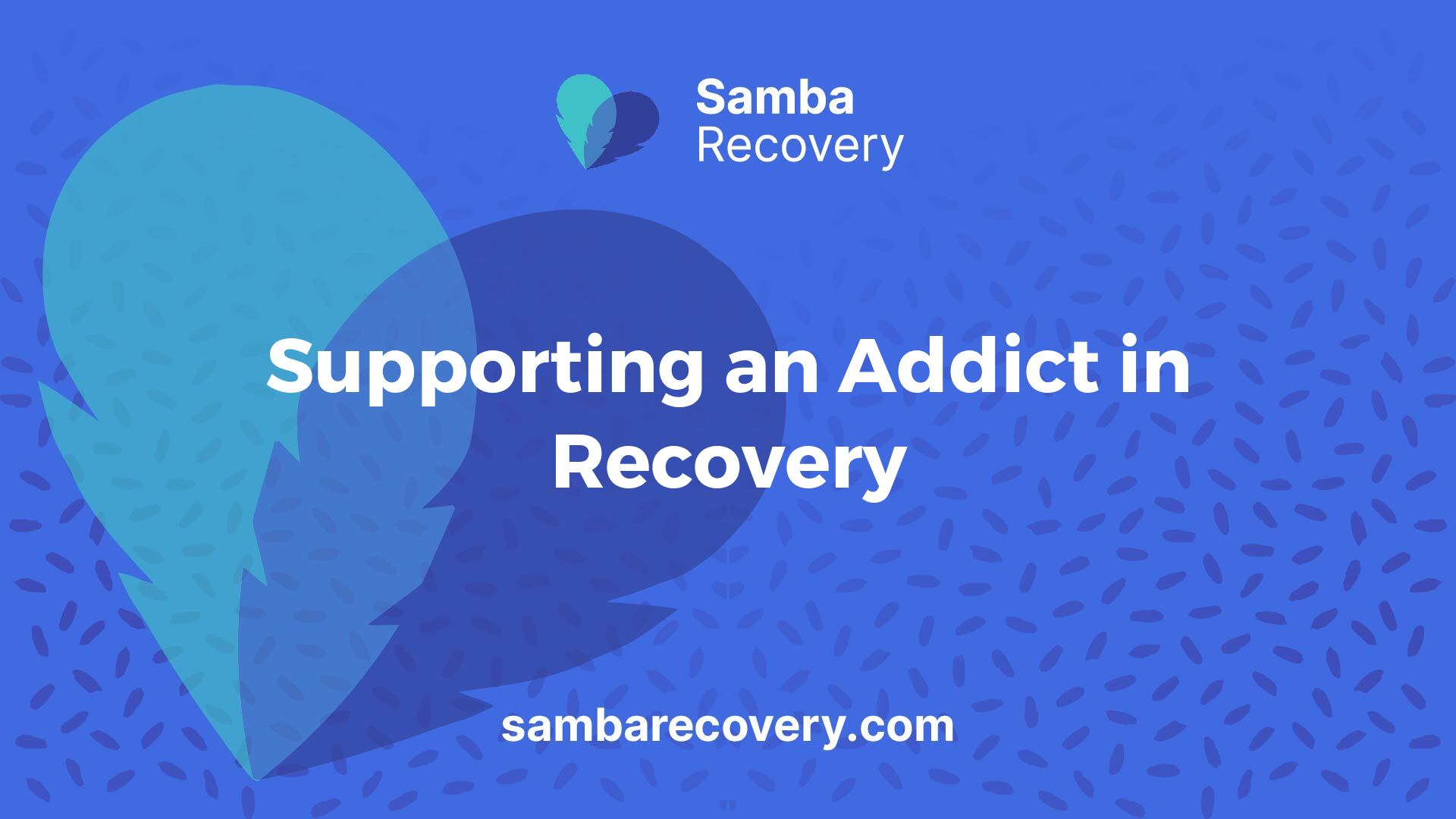
Supporting an Addict in Recovery
Supporting someone in recovery requires a thoughtful and compassionate approach. It’s essential to foster an environment that encourages healing while avoiding behaviors that could undermine progress.
Approach to Recovery Support
When providing support, it’s important to use respectful language. Avoid labeling individuals negatively, as this can hinder their recovery progress. Recognizing them as a person rather than defining them by their past struggles can help foster a more productive environment.
Support can come from various sources, including healthcare providers, friends, family, and support groups. Engagement in treatment programs can also play a vital role in sustaining a drug-free lifestyle. A multi-faceted approach often yields the best results.
Source of SupportDescriptionHealthcare ProvidersOffer professional guidance and treatment options.FamilyProvides emotional support and a stable home environment.FriendsCan help distract and engage during recovery moments.Support GroupsCreate a community of shared experiences and encouragement.
Avoiding Counterproductive Behaviors
Certain behaviors may inadvertently hinder an individual’s recovery journey. Discussions that focus on past failures or traumatic experiences should be approached carefully, as these can demotivate and create feelings of shame instead of fostering a positive mindset [2].
Being overly critical or pressuring someone to make changes quickly can also be damaging. Recovery is a personal journey that can involve setbacks. Understanding and patience are crucial in supporting someone’s healing process.
Here are a few common counterproductive behaviors to avoid:
BehaviorReason to AvoidLabeling a person negativelyCan degrade them and encourage relapse.Reminding them of past mistakesCan lead to feelings of shame and may hinder progress.Criticism or pressureRecovery is a journey, and individuals require time and understanding.
Establishing healthy boundaries is also essential for both the supporter and the individual in recovery. Setting clear expectations helps maintain sobriety and avoids triggering situations. For those interested in learning more about setting boundaries, refer to our article on social stigma of addiction.
By being aware of effective support strategies and avoiding counterproductive actions, he or she can contribute positively to the recovery process of someone dealing with addiction.
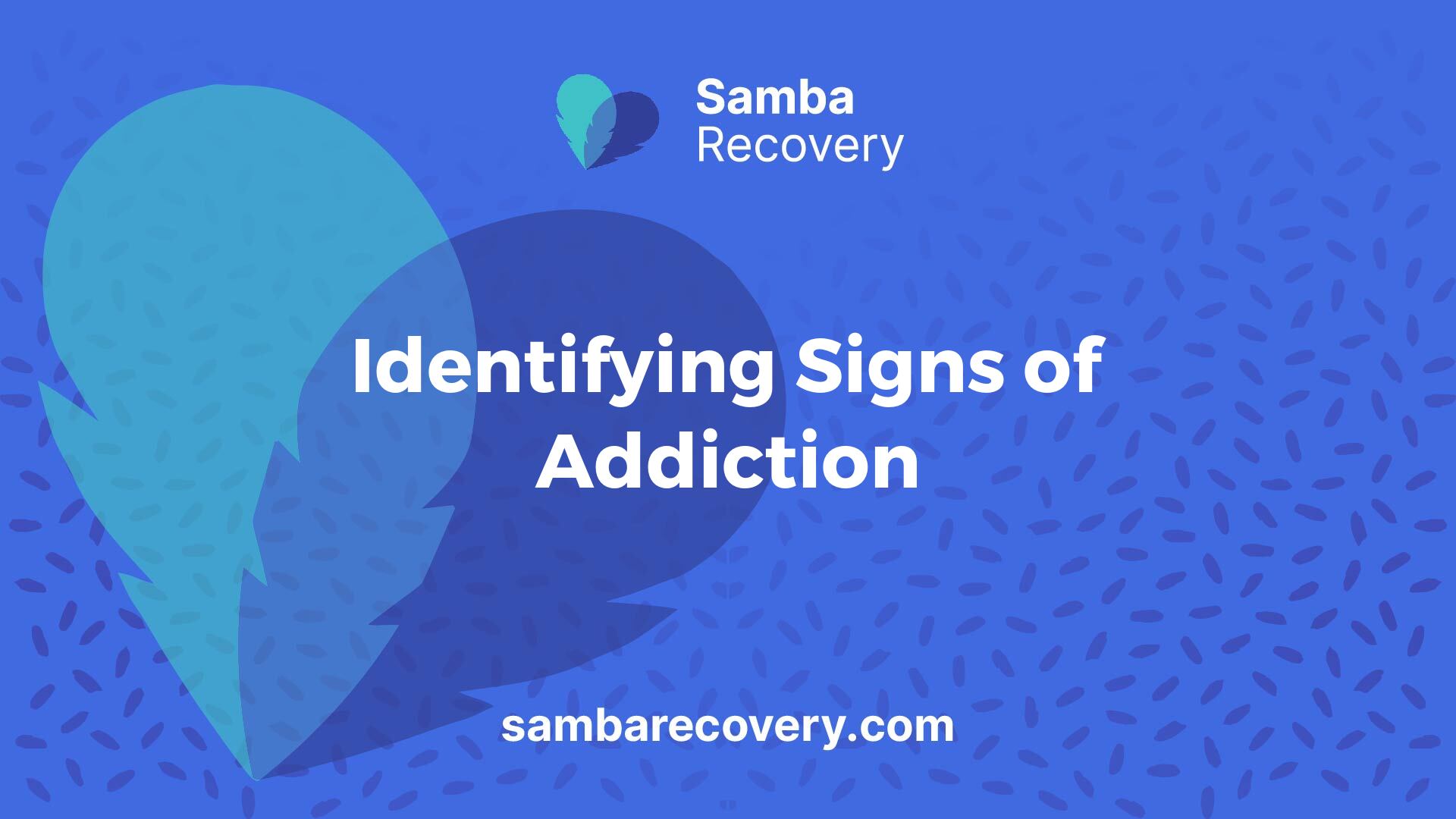
Identifying Signs of Addiction
Recognizing signs of addiction is crucial for maintaining healthy relationships. This section highlights behavioral cues and physical indicators to help individuals identify potential addiction issues in their partners.
Behavioral Cues in Relationships
Certain behaviors can indicate a partner may be struggling with addiction. Early identification of these cues can lead to proper support and intervention. Common behavioral signs include:
Understanding these behavioral cues is vital for anyone concerned about their partner’s relationship with substances [4].
Physical Indicators of Substance Abuse
In addition to behavioral cues, physical signs can also indicate substance abuse. These changes can help in identifying the need for effective treatment. Common physical indicators include:
Physical IndicatorsDescriptionChanges in Physical AppearanceNoticeable weight loss or gain, poor hygiene, or decline in grooming habits.Pupil ChangesDilated or constricted pupils can indicate the use of specific substances.Unexplained InjuriesFrequent injuries or accidents that are not adequately explained.OdorsUnusual odors on breath or clothing, which may signal alcohol or drug use.Sleep DisturbancesInsomnia or excessive sleeping can be signs of substance use and withdrawal.
Recognizing these physical indicators can play an essential role in understanding potential addiction [4].
By identifying both behavioral cues and physical signs of addiction, individuals can better navigate relationships where addiction may be a factor. For additional insights on how relationships can be impacted by addiction, consider reading about the financial and legal ramifications that can result from substance abuse.
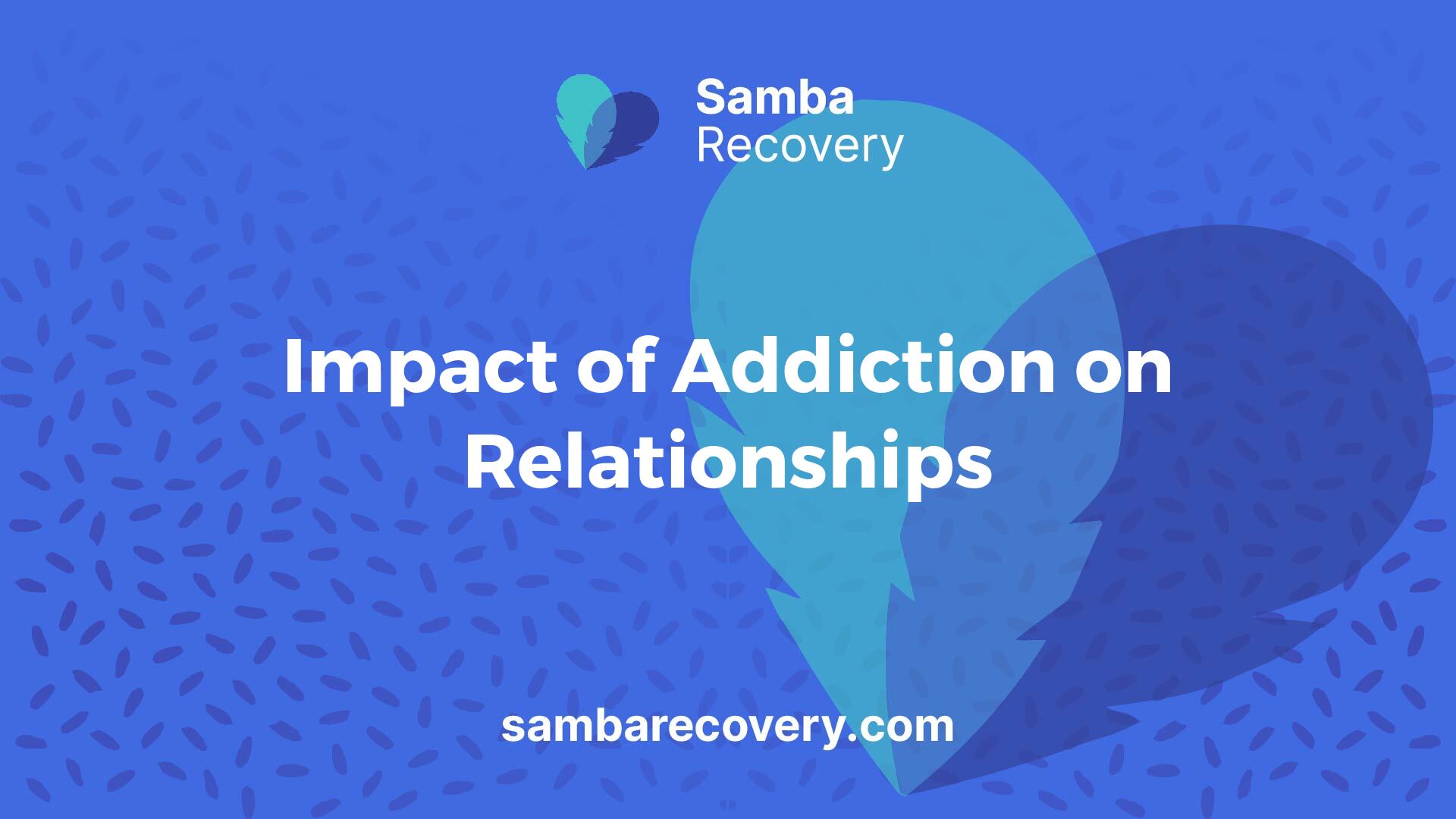
Impact of Addiction on Relationships
Understanding the effects of addiction on relationships is essential for anyone considering involvement with an addict. Addiction not only affects the individual but can also have profound impacts on those around them.
Financial and Legal Ramifications
Substance addiction can lead to significant financial losses that affect both the individual and their relationships. It may result in unpaid bills, loss of savings, and even legal issues, such as DUI charges [4]. These financial stressors can create tension and strain within relationships, as partners may struggle to manage household expenses due to the addict’s behavior.
Financial ImpactDescriptionUnpaid BillsIncreased debt due to failure to pay necessary expenses.Loss of SavingsDiminished savings accounts to fund addictive behaviors.Legal IssuesPossible legal consequences related to substance use, such as arrest or fines.Economic InstabilityOverall instability that can hinder long-term relationship planning.
These financial implications can also lead to feelings of resentment and frustration among partners, complicating their relationship dynamics further.
Social Isolation and Relationship Strain
Addiction often leads to social isolation, as those struggling with substance use may retreat from their social circles and loved ones. This alienation can be particularly severe in cohabiting relationships, where the presence of addiction can create an environment of avoidance and emotional distancing.
Additionally, addiction can interfere with a person’s ability to experience intimacy and foster connection within relationships. Partners may find themselves frustrated and heartbroken, as the individual with addiction might choose substances over connection, resulting in emotional withdrawal [6]. The strain on the relationship may escalate, potentially leading to intimate partner violence in some cases, with substance abuse reported to co-occur in 40 to 60 percent of related incidents [6].
Social ImpactDescriptionEmotional DistanceDecreased emotional connection due to substance reliance.Loss of Social CirclesWithdrawal from friends and family increases isolation.Intimacy IssuesDifficulty forming close bonds; reliance on substances hampers connections.Increased Risk of AbuseHigher likelihood of violence in relationships involving substance dependence.
These factors indicate how intertwined addiction and relationship health can be, emphasizing the importance of understanding the complexities involved if considering dating someone with such challenges. Awareness of these aspects can be a crucial factor in deciding whether to pursue a romantic relationship with an addict, forming part of the broader discussion around the 3 things to know before dating an addict.
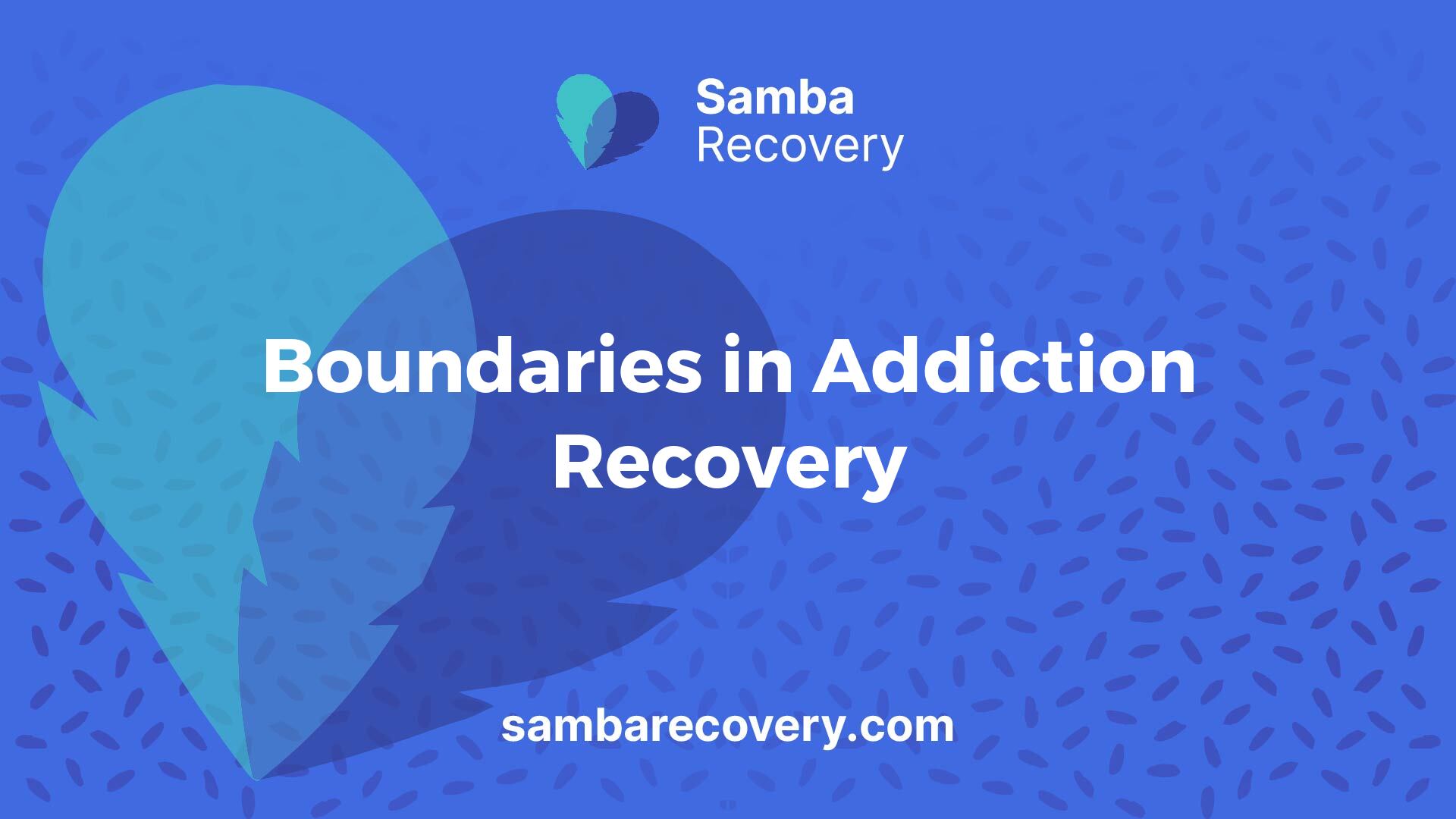
Boundaries in Addiction Recovery
Setting and communicating boundaries plays a critical role in the recovery process for individuals dealing with addiction. These boundaries help define what is acceptable behavior and protect one’s well-being. Understanding the importance of boundaries and how to establish them is vital for fostering healthy relationships.
Importance of Setting Boundaries
Personal boundaries serve as physical and emotional limits individuals set for themselves to safeguard their overall well-being. They provide necessary space for individuals to express their needs and values. In the context of addiction recovery, boundaries are essential in:
According to the Hazelden Betty Ford Foundation, it’s crucial for individuals to recognize when to set boundaries based on their personal values and needs. Healthy boundaries help gauge feelings during interactions and determine when it is necessary to take action.
Establishing and Communicating Boundaries
Establishing boundaries is a gradual process that requires reflection and assertiveness. Effective communication of these boundaries is equally important. When articulating needs, individuals are encouraged to use “I” statements. This approach focuses on personal experiences rather than placing blame, thus fostering understanding and respect in conversations.
For instance:
ScenarioSuggested “I” StatementA friend offers drinks at a party.”I feel uncomfortable when alcohol is present because I’m committed to my recovery.”Someone makes jokes about addiction.”I don’t appreciate jokes about addiction, as they remind me of difficult times.”
Being direct, honest, and respectful in conveying boundaries promotes clear communication. This helps others understand personal limits and reinforces the importance of respecting those boundaries.
The process of setting these boundaries is crucial for leading a healthier, more fulfilling life in recovery. Individuals should remember that boundaries are not set once and for all; they can evolve as needs change and recovery progresses [3]. By actively engaging in boundary-setting, individuals can foster more supportive relationships and navigate the challenges of recovery more effectively.
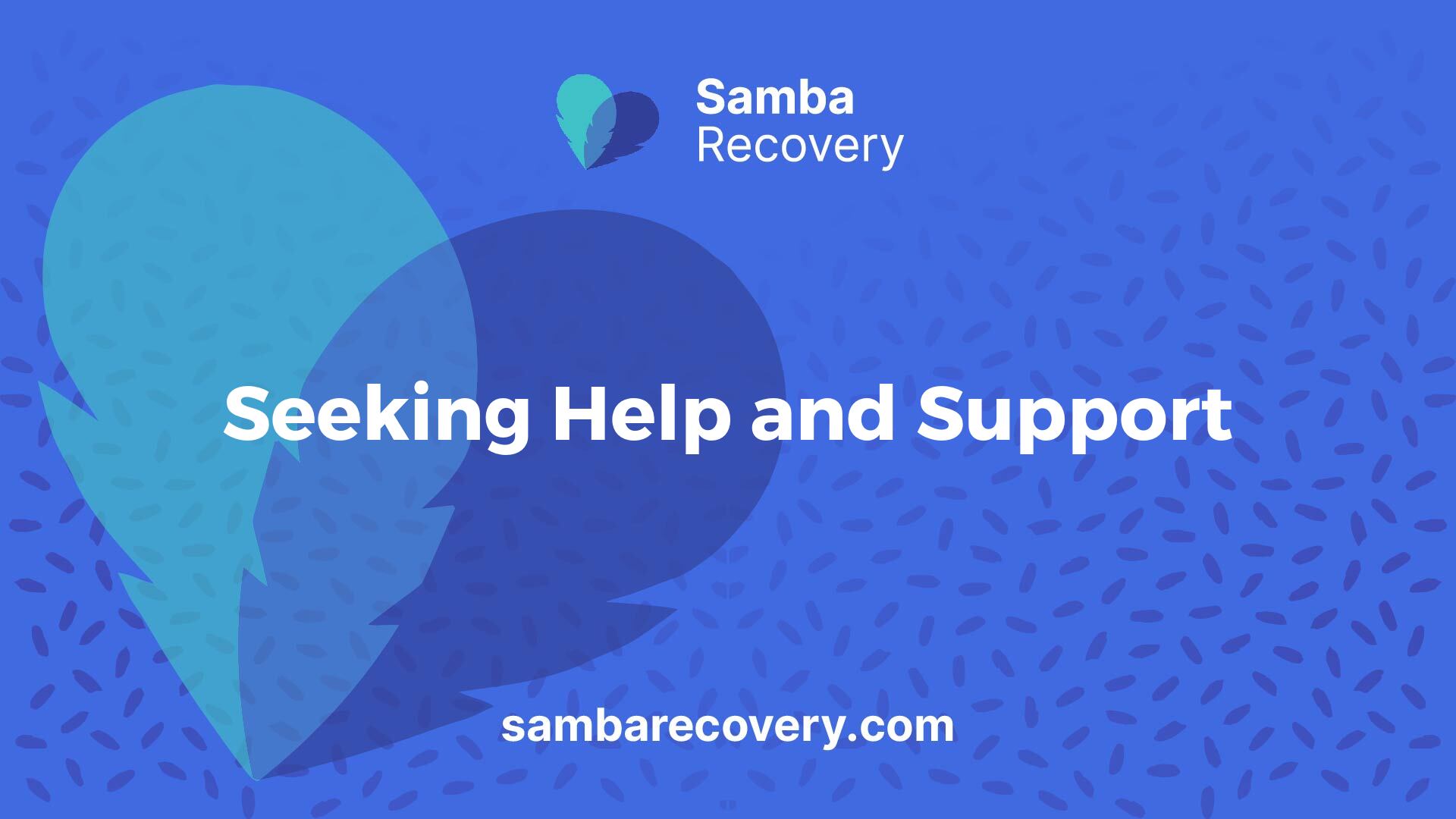
Seeking Help and Support
Overcoming addiction is a challenging journey that often requires professional guidance and support. Understanding the importance of professional interventions and long-term recovery strategies is essential for both the individual struggling with addiction and their loved ones.
Professional Interventions
Professional interventions are crucial for those struggling with addiction. Assistance from healthcare providers, family, friends, support groups, or treatment programs can significantly increase the chances of recovery. According to the Mayo Clinic, a well-rounded support system helps individuals overcome drug addiction and maintain a drug-free lifestyle.
Behavioral Couples Therapy (BCT) is one effective approach for couples dealing with addiction. BCT has shown a higher success rate in maintaining long-term abstinence compared to therapies that only focus on the individual with the substance use disorder. This therapy strengthens the couple’s relationship and supports abstinence, thereby reducing the risk of relapse, especially for those in healthier relationships.
Types of Professional SupportDescriptionCounselingOne-on-one therapy to address addiction issues.Support GroupsPeer support for shared experiences.Treatment ProgramsStructured programs to help foster recovery.Behavioral Couples TherapyCouples therapy focused on supporting recovery.
Long-Term Recovery Strategies
Long-term recovery is a gradual process that requires ongoing commitment and support. A multi-year study found that about two-thirds of individuals recovering from addiction may relapse within their first year. This emphasizes the need for sustained support.
Establishing and maintaining healthy boundaries is vital for supporting long-term recovery. Without boundaries, individuals may revert to old patterns, undermining their recovery efforts [3]. Recovery support should be viewed as a lifelong commitment, where change occurs gradually, with potential ups and downs along the way.
Long-Term Recovery StrategiesDescriptionSupport NetworksContinual connection with counseling and support groups.Regular Check-InsFrequent follow-ups to discuss challenges and progress.Setting BoundariesEstablishing clear boundaries to mitigate risks of relapse.Flexibility in StrategiesAdapting strategies to meet changing needs over time.
In summary, navigating the journey of addiction recovery requires both professional interventions and a thoughtful approach to long-term strategies. Understanding these elements can empower individuals and their loved ones, as they work towards a healthier, drug-free future.
References
[2]:
[3]:
[4]:
[5]:
[6]:
[7]:
[8]:






